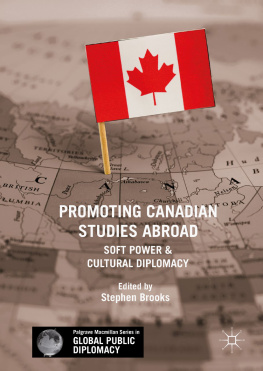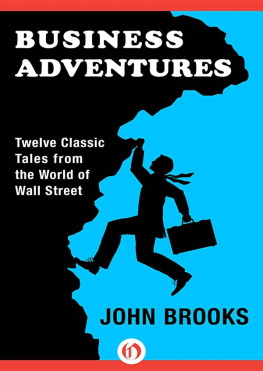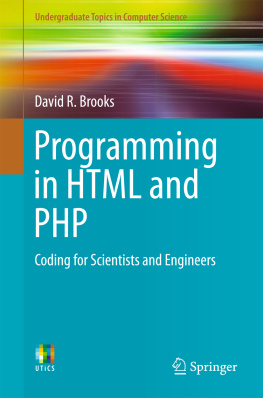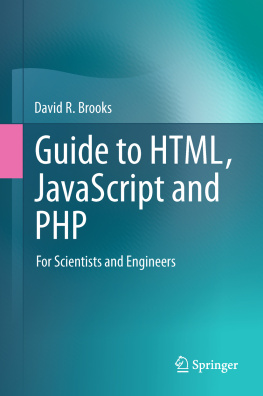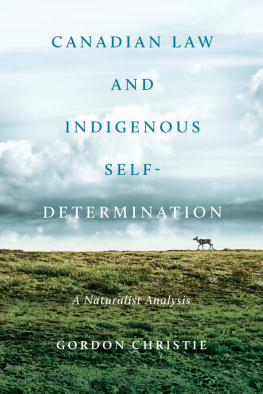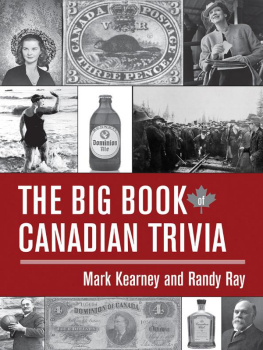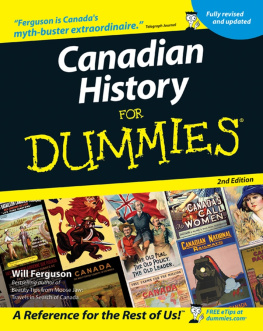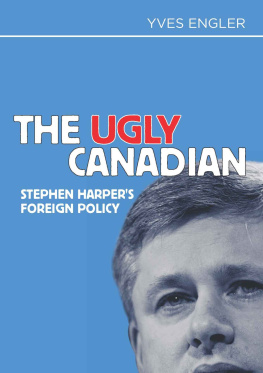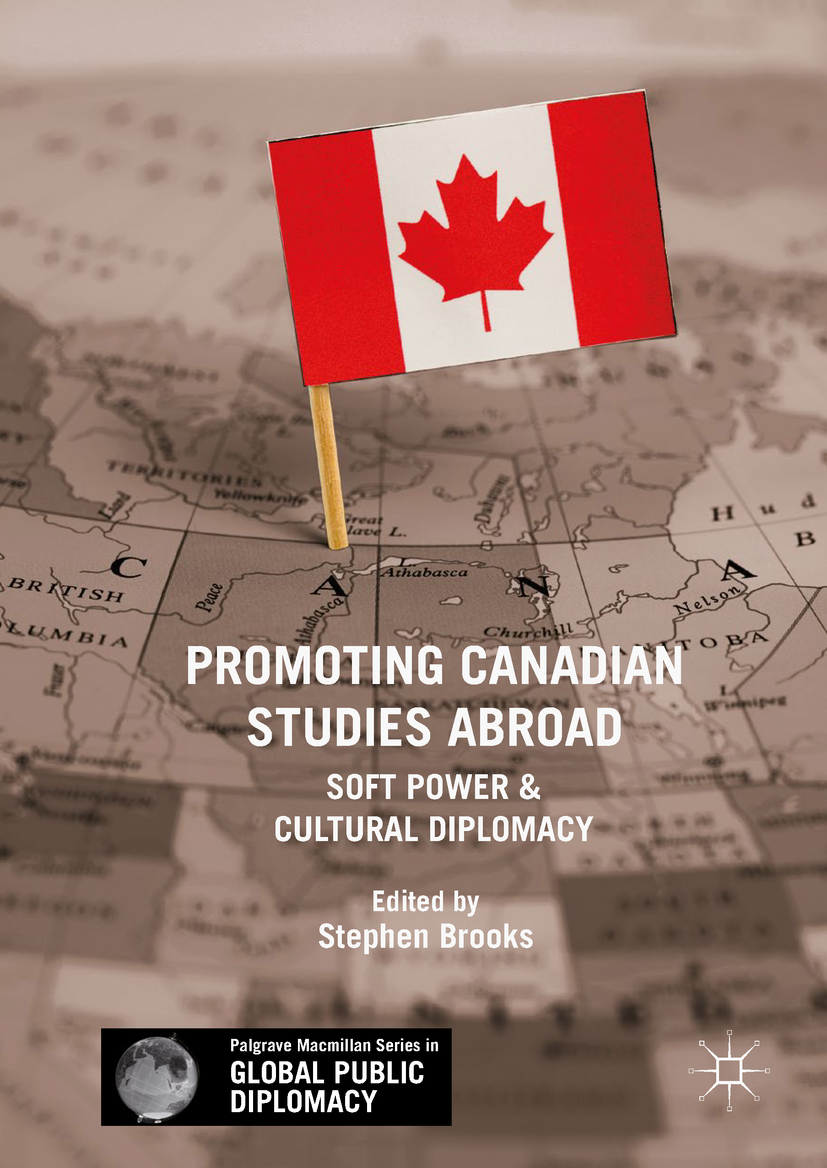Palgrave Macmillan Series in Global Public Diplomacy
Series Editors
Philip Seib
Annenberg School for Communication and Journalism, University of Southern California, Pasadena, CA, USA
Kathy Fitzpatrick
Washington, USA
At no time in history has public diplomacy played a more significant role in world affairs and international relations. As a result, global interest in public diplomacy has escalated, creating a substantial academic and professional audience for new works in the field.
The Global Public Diplomacy series examines theory and practice in public diplomacy from a global perspective, looking closely at public diplomacy concepts, policies, and practices in various regions of the world. The purpose is to enhance understanding of the importance of public diplomacy, to advance public diplomacy thinking, and to contribute to improved public diplomacy practices.
More information about this series at http://www.palgrave.com/gp/series/14680
Promoting Canadian Studies Abroad Soft Power and Cultural Diplomacy
Editor
Stephen Brooks
University of Windsor, Windsor, ON, Canada
Palgrave Macmillan Series in Global Public Diplomacy
ISBN 978-3-319-74026-3 e-ISBN 978-3-319-74027-0
https://doi.org/10.1007/978-3-319-74027-0
Library of Congress Control Number: 2018941869
The Editor(s) (if applicable) and The Author(s) 2019
This work is subject to copyright. All rights are reserved by the Publisher, whether the whole or part of the material is concerned, specifically the rights of translation, reprinting, reuse of illustrations, recitation, broadcasting, reproduction on microfilms or in any other physical way, and transmission or information storage and retrieval, electronic adaptation, computer software, or by similar or dissimilar methodology now known or hereafter developed.
The use of general descriptive names, registered names, trademarks, service marks, etc. in this publication does not imply, even in the absence of a specific statement, that such names are exempt from the relevant protective laws and regulations and therefore free for general use.
The publisher, the authors and the editors are safe to assume that the advice and information in this book are believed to be true and accurate at the date of publication. Neither the publisher nor the authors or the editors give a warranty, express or implied, with respect to the material contained herein or for any errors or omissions that may have been made. The publisher remains neutral with regard to jurisdictional claims in published maps and institutional affiliations.
Cover image: Pawel Gaul/Getty Images
Cover design by Akihiro Nakayama
This Palgrave Macmillan imprint is published by the registered company Springer International Publishing AG part of Springer Nature
The registered company address is: Gewerbestrasse 11, 6330 Cham, Switzerland
Preface
Every Canadianist has a story. It explains how he or she came to study Canada and why, through their research and writing, their teaching, the guidance they provide to the graduate students, and the many administrative tasks they may perform, they have made the study of Canada an important part of their professional life. I have heard many of these stories over the years. One of the things that has long struck me about them, indeed the thread that runs through almost all of them regardless of the particularities of each case, is the enthusiasm for the subject and the conviction that the study of what Bruce Hutchison famously called The Unknown Country has relevance beyond the borders of Canada.
I first became aware of this while teaching an American politics course in Leuven, Belgium. That country was in the process of adopting a federal constitution. During my year there, I was asked to give talks on the relations between the French- and English-speaking communities in Canada, on Canadas federal model, and on the independence movement in Quebec . Several years later, and like many thousands before me, I was fortunate enough to be a Fulbright Scholar in the United States. It was during that year that I was introduced to what was then a thriving community of American scholars who had created an impressive national and many regional and state networks for sharing their research and teaching experiences and interacting with colleagues from Canada and other countries. My first direct encounter with this vibrant community of Canadianists was at Columbus, Ohio, where I learned about the hundreds of students who registered each year in Bowling Green State Universitys Canadian Studies course each year. The energy and the organization of those who attended this two-day conference was remarkable. It was and continues to be found, if on a diminished scale, across the United States.
Thanks mainly to Jean-Michel Lacroix, the dean of Canadianists in France, I was privileged to hold the Chair in Canadian Studies at the Universit de Paris 3 in 20072008. Used as they are to imagining that peoples throughout the world admire them and know about their country and its accomplishments, Canadians are usually surprised to learn that only the first of these two beliefs is true. I was struck during that year in France at how little real knowledge of Canada would have existed without the dedication and tireless efforts of French Canadianists. As I quickly found in the courses that I taught in Paris, the fact that goodwill to Canada already exists opens the door and creates a receptiveness among students to learn more about a place, a society and its history that are often hidden in the long shadow of Canadas southern neighbor.
This interest in hearing more about Canadas story exists in countries across much of the world. I recall speaking to a group of professors, graduate students, and state officials in Warsaw on the subject of Canadas immigration policy, labor markets, and multiculturalism. It was a moment in time when the Polish government was considering admitting thousands of workers from China to help improve its transportation infrastructure. In Belgrade I had the chance to speak to a group of international studies students and professors on CanadaUS relations and to give a talk on Canada at the opening of a Canadian resource center at another university. Hundreds of Canadianists can tell similar stories. More recently I have been fortunate to assist Sciences Po Lille in placing French students with Canadian parliamentarians as part of that universitys excellent internship program. Some of these students will go on to become opinion leaders and decision-makers and will have knowledge, memories, and personal contacts in Canada that may influence their professional activities and, to some degree, the image of Canada that they project to fellow leaders and to citizens in their home country.
Today, the university courses, the invited talks, the seminars and conferences, the Canada Day activities, the internships, the student and faculty exchanges, the visits to Canada, the research and all the other activities that make up the tapestry of Canadian studies across the world continue with very little in the way of financial support from the Canadian state. Interest in Canada predated the active promotion of academic cultural diplomacy (or, for that matter, any form of public diplomacy) by the Canadian state. This interest continues, if more modestly, since Ottawas retreat from this support in 2012. The irony is that we live in an age in which the idea that national branding and national standing are important is accepted by most politicians, as is the widespread belief that because of globalization it has never been more important to be able to compete with other national brands clamoring for attention on the world stage. For a country that aspires to have influence on that stage, to turn its back on a key tool of public diplomacy seems rather odd, to say the least.

